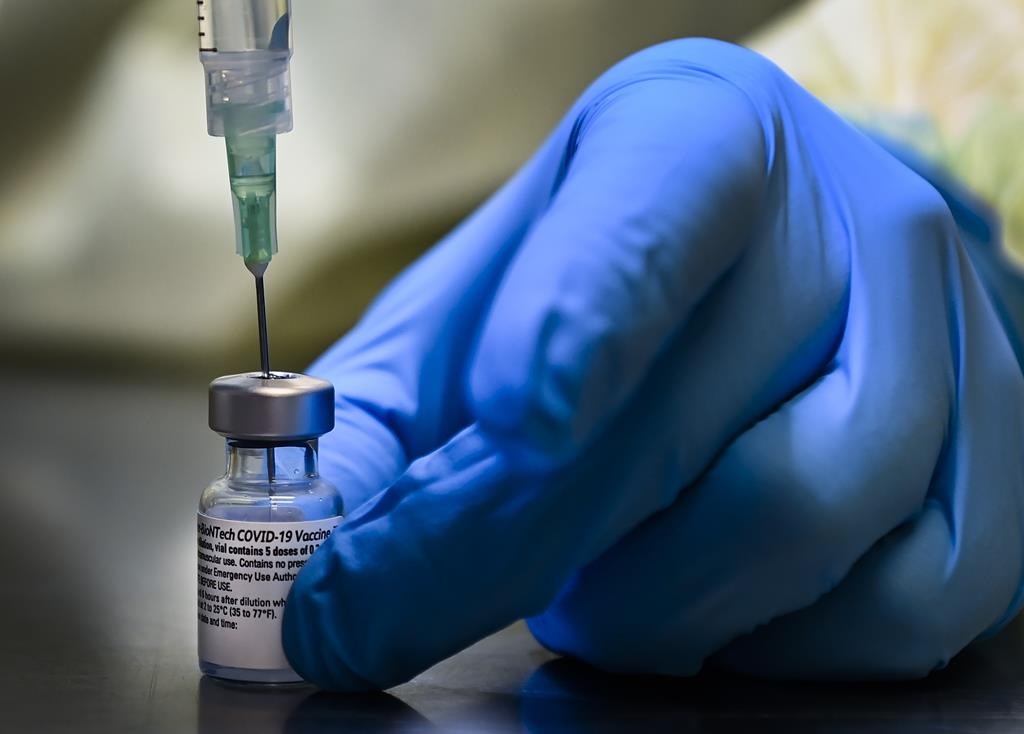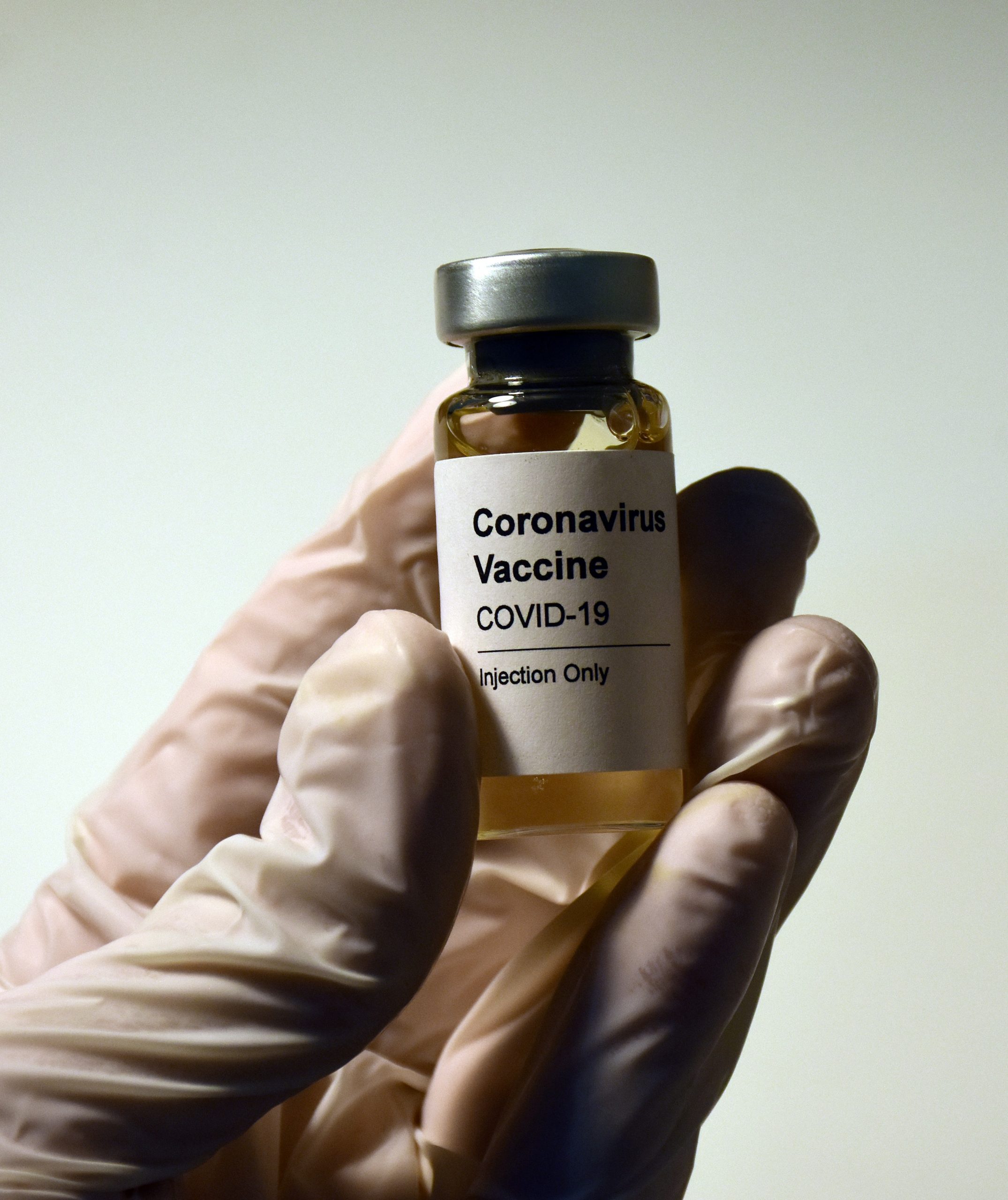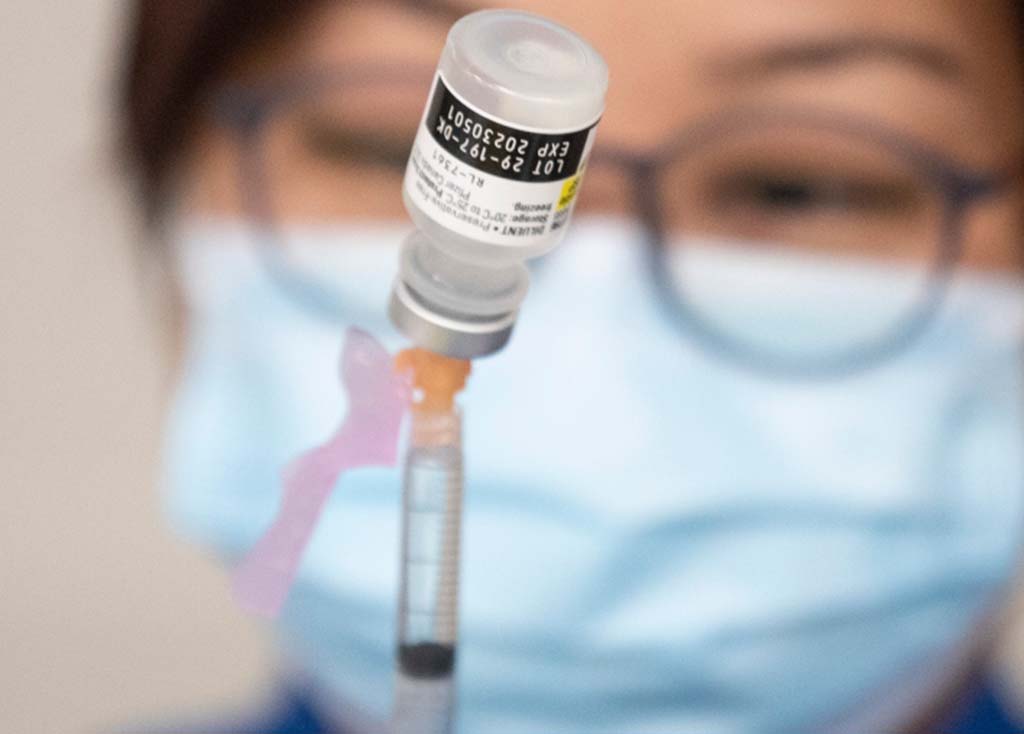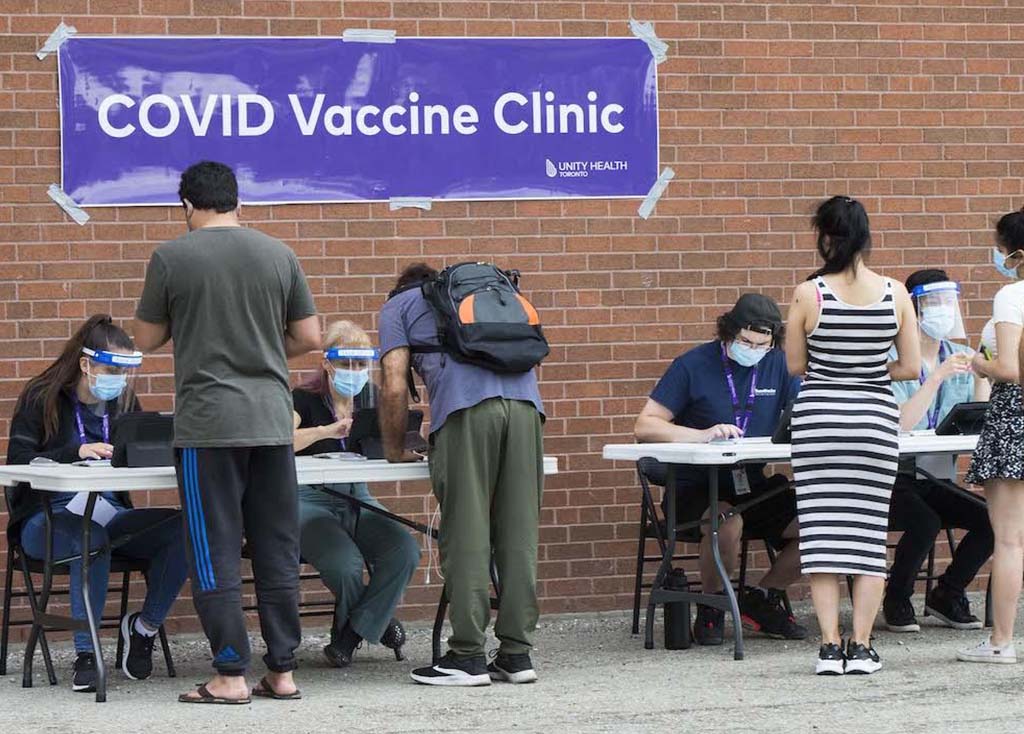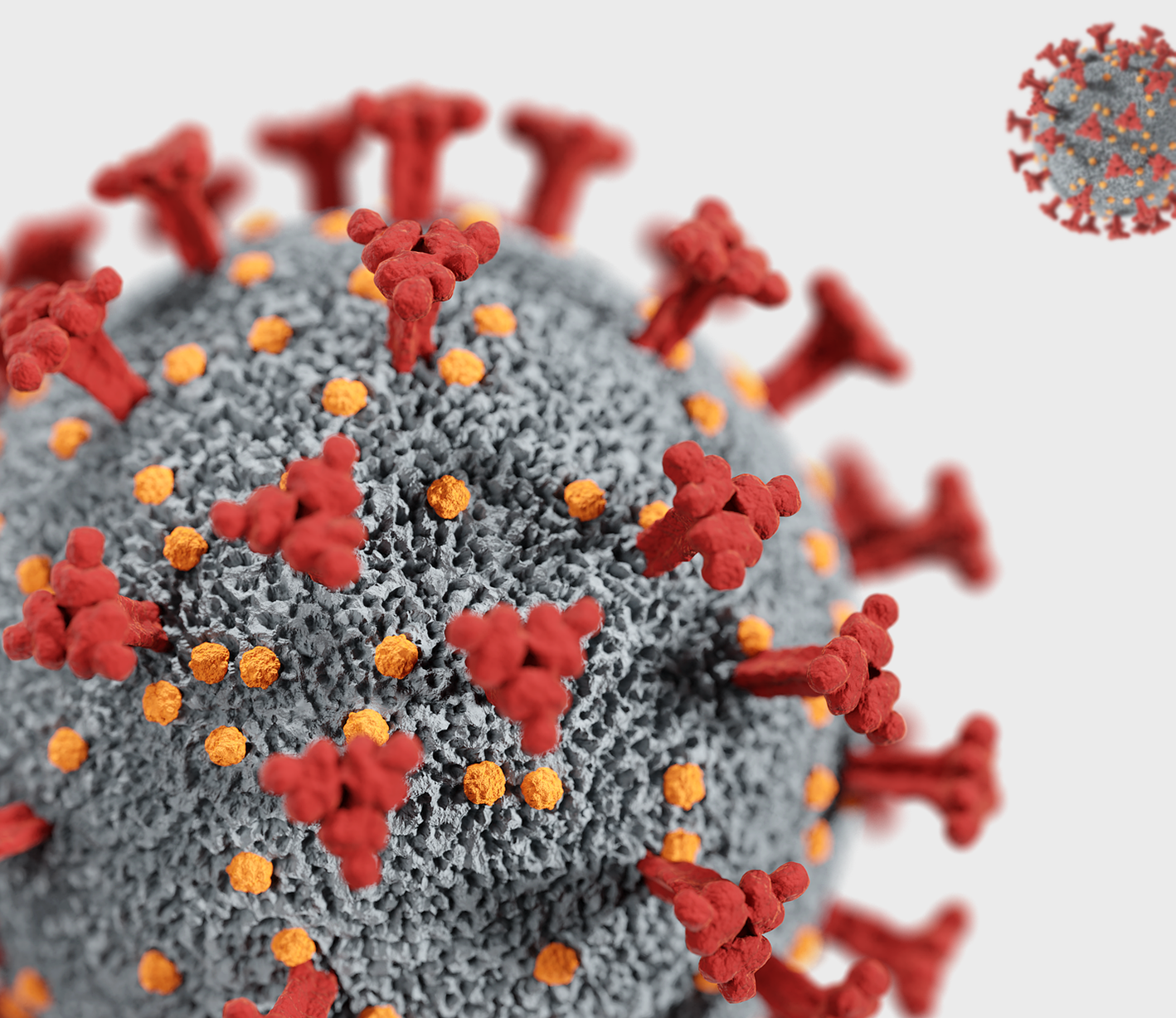HIV and COVID-19 vaccines
It is important to consider getting vaccinated if you have HIV. Many people with HIV have or are at an increased risk for developing the underlying conditions that increase their chances of severe disease if they become infected with the virus that causes COVID-19. These underlying conditions include high blood pressure, diabetes, high cholesterol levels, lung disease, and obesity.
Experts consider COVID-19 vaccines to be safe and effective for people with HIV. Clinical trials for all of the COVID-19 vaccines included a relatively small number of people with HIV, all of whom were taking ART and who were healthy and well. Studies are ongoing to determine if the vaccines work as well for people with HIV as they do for the general population. Because of changes to their immune systems, people living with HIV tend to have weaker immune responses to some vaccines, such as the influenza, hepatitis A and B, and human papillomavirus (HPV) vaccines. Past research also suggests that when people living with HIV are vaccinated against some diseases, their immune responses may not last as long as for others.
The COVID-19 vaccines are generally safe and effective in people living with HIV who are taking ART and who have an undetectable viral load. The data suggest that, for this group, COVID-19 vaccines are generally safe, with similar side effects, antibody responses, and duration of protection as in HIV-negative people. The effectiveness of these vaccines in preventing hospitalization and death related to COVID-19 is also similar between people with and without HIV.
